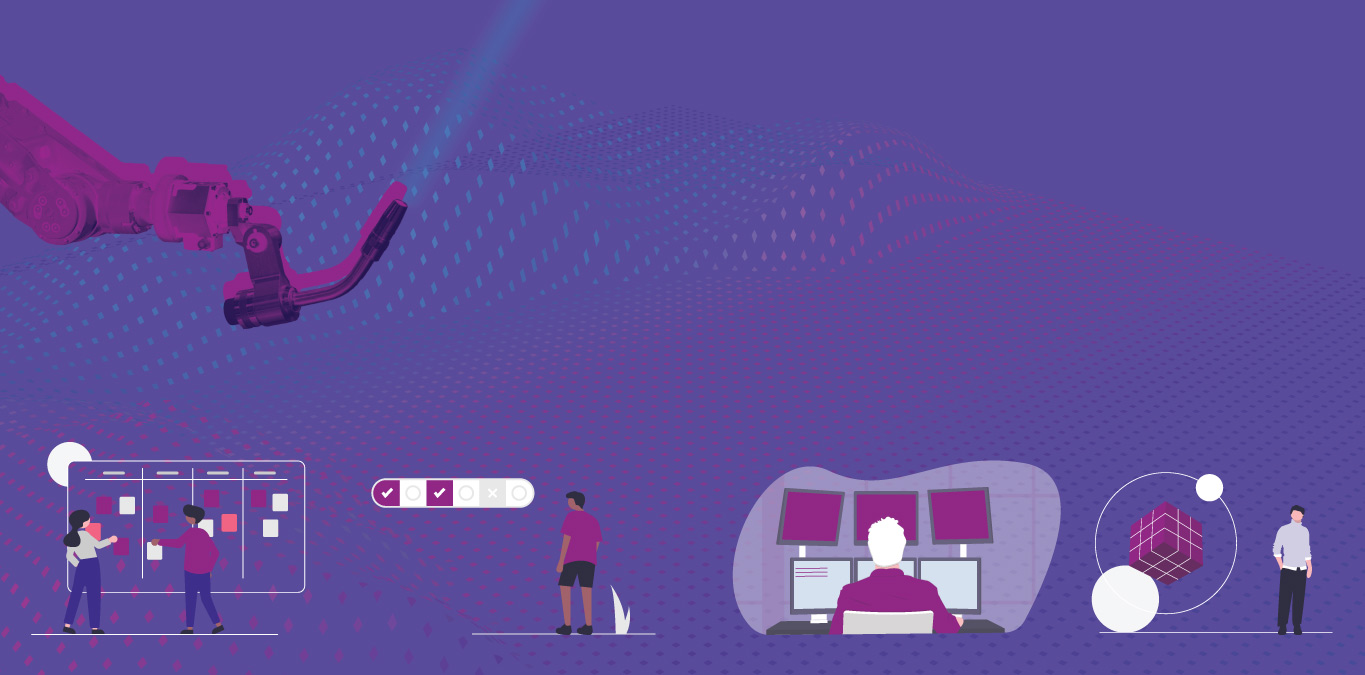The pandemic has clearly transformed the digital health landscape. What were once niche healthcare solutions have now become an established part of the industry mainstream.
From both a convenience and a safety perspective, the digitization of the health industry clearly makes sense. It does, however, introduce some security risks.
The current vulnerability of the healthcare sector has been underlined by research showing that the industry tops the list for the most expensive average cost of a data breach, at $7.13 million USD, which is 84% more than the global average.
Covid-19 also resulted in a spike of cyberattacks on healthcare institutions, with the World Health Organization reporting a five-fold increase in attacks on its own systems within weeks of officially declaring a pandemic.
Given that healthcare data is estimated to be worth around 10 to 40 times as much as credit card information on the black market, we can anticipate the sector will remain a priority target for hackers.
Properly meeting patient needs, therefore, will involve a best practice cybersecurity approach, which is able to withstand the increased risk the sector faces and offer both digital convenience and security.
Securing the healthcare sector
Rising to this challenge means the healthcare sector needs to carefully manage how data is stored and protected. Patient information must, as much as possible, be stored in such a way that it is separated from other sensitive information, such as financial or home address details.
The healthcare sector must also redouble its efforts when it comes to creating a maximally secure infrastructure – including creating a zero trust environment in which all activity across the network is monitored and verified.
This should also encompass a robust approach to encryption and regular penetration testing – identifying any potential vulnerabilities before bad actors can exploit these. There also needs to be clear policies around verifying users and their devices and a constant monitoring of IT infrastructure through a security operations center (SOC).
At a time when convenient access to digital health solutions has become more important than ever, such an approach will ensure that the healthcare sector can truly deliver for patients while managing challenges around security.




















